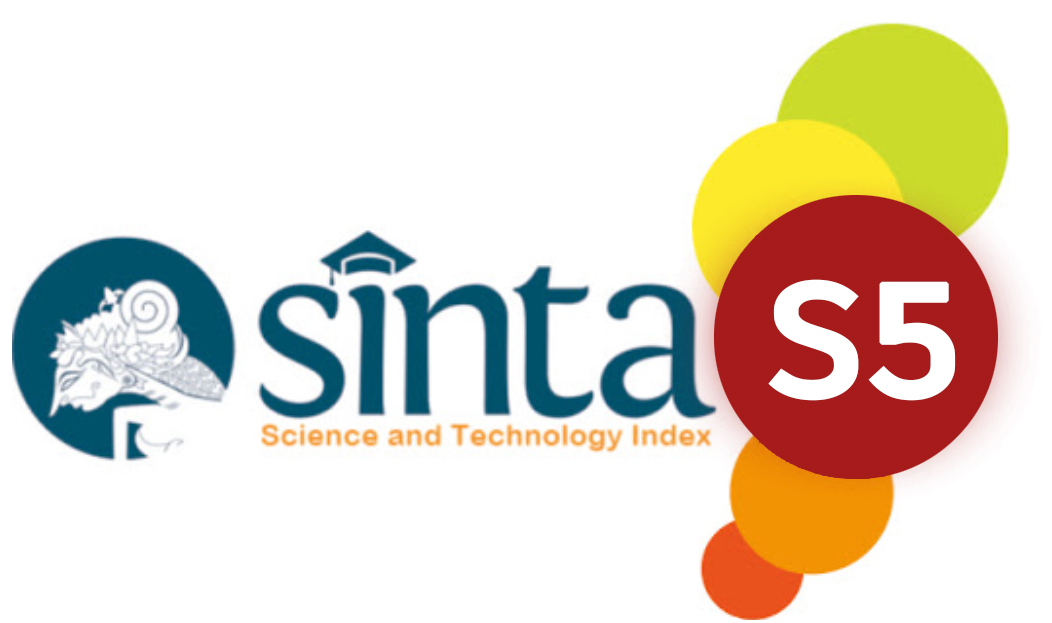Dampak Kebijakan Lumbung Pangan Nasional terhadap Ketahanan Pangan Lokal: Perspektif Masyarakat Adat Merauke
DOI:
https://doi.org/10.31004/riggs.v4i1.374Keywords:
Kebijakan pangan, Masyarakat adat, Ketahanan pangan lokal, Food estate, Partisipasi komunitasAbstract
Penelitian ini bertujuan untuk mengkaji dampak kebijakan Lumbung Pangan Nasional (food estate) terhadap ketahanan pangan lokal dari perspektif masyarakat adat di Kabupaten Merauke, Papua Selatan. Dengan menggunakan pendekatan kualitatif deskriptif dan desain studi kasus, penelitian ini menggali pengalaman komunitas adat Marind di wilayah Wasur, Sota, dan pesisir selatan Merauke yang terdampak langsung oleh proyek tersebut. Data dikumpulkan melalui wawancara mendalam, observasi partisipatif, dan studi dokumen, kemudian dianalisis menggunakan teknik analisis tematik berbasis coding kualitatif. Hasil penelitian menunjukkan bahwa kebijakan food estate telah menyebabkan gangguan signifikan terhadap sistem pangan lokal, termasuk hilangnya akses terhadap sumber pangan tradisional seperti ikan rawa, rusa, dan sagu. Selain itu, terjadi marginalisasi nilai-nilai pertanian adat serta ketimpangan distribusi sumber daya dan hasil produksi, di mana kelompok masyarakat adat kurang mendapat akses dibandingkan mitra binaan pemerintah. Mayoritas partisipan menyatakan tidak pernah dilibatkan dalam proses perencanaan atau pelaksanaan kebijakan, sehingga memunculkan persepsi negatif terhadap negara. Temuan ini menegaskan bahwa pendekatan kebijakan yang bersifat top-down berisiko mengabaikan aspek sosial, budaya, dan ekologis lokal, serta memperparah kerentanan pangan masyarakat adat. Implikasi dari penelitian ini adalah perlunya pergeseran paradigma kebijakan pangan nasional menuju model yang lebih partisipatif, kontekstual, dan berkeadilan, dengan melibatkan masyarakat adat sebagai aktor utama dalam proses perencanaan dan pelaksanaan kebijakan. Penelitian ini juga merekomendasikan studi lanjutan yang bersifat komparatif dan interdisipliner.
Downloads
References
Y. Zhao and Q. Feng, “Identifying spatial and temporal dynamics and driving factors of cultivated land fragmentation in Shaanxi province,” Agric. Syst., vol. 217, p. 103948, 2024.
R. Datta, R. Singha, and M. Hurlbert, “Indigenous land-based perspectives on environmental sustainability: learning from the Khasis indigenous Community in Bangladesh,” Sustainability, vol. 16, no. 9, p. 3678, 2024.
A. Kozielec, J. Piecuch, K. Daniek, and L. Luty, “Challenges to food security in the Middle East and North Africa in the context of the Russia–Ukraine Conflict,” Agriculture, vol. 14, no. 1, p. 155, 2024.
T. H. L. Le, P. Kristiansen, B. Vo, J. Moss, and M. Welch, “Understanding factors influencing farmers’ crop choice and agricultural transformation in the Upper Vietnamese Mekong Delta,” Agric. Syst., vol. 216, p. 103899, 2024.
B. K. Sumari, N. Pauline, and E. Bwanduruko Mabhuye, “Integrating Bottom-up and Top-down Approaches in Tanzania’s Climate Change Adaptation Planning: Exploring Their Impact on Adaptive Capacity in Adaptation Projects,” J. Dev. Stud., pp. 1–18, 2024.
S. Chen, K. Jia, and K. N. Chan, “When blame avoidance meets transparency: local governments’ bandwagon strategy in environmental information disclosure in China,” Local Gov. Stud., vol. 51, no. 1, pp. 69–89, 2025.
K. Gagné and S. Chostak, “Climate change beyond technocracy: citizenship and drought practices in the Indian Himalayas,” J. Peasant Stud., vol. 51, no. 5, pp. 1141–1163, 2024.
S. Klingberg, R. E. Stalmeijer, and L. Varpio, “Using framework analysis methods for qualitative research: AMEE Guide No. 164,” Med. Teach., vol. 46, no. 5, pp. 603–610, 2024.
W. Liu, “The cognitive basis of thematic analysis,” Int. J. Res. Method Educ., vol. 47, no. 3, pp. 277–287, 2024.
M. Mallick, P. K. Singh, and R. Pandey, “Harvesting resilience: Tribal home-gardens as socio-ecological solutions for climate change adaptation and sustainable development in a protected area,” J. Clean. Prod., vol. 445, p. 141174, 2024.
I. Ahakwa and E. A. Tackie, “Natural resources as a double-edged sword towards ecological quality: Can environmental regulations and green human capital rectify the adverse impacts?,” J. Clean. Prod., vol. 457, p. 142436, 2024.
N. Trott and M. E. Mulrennan, “‘Part of Who We Are…’: A Review of the Literature Addressing the Sociocultural Role of Traditional Foods in Food Security for Indigenous People in Northern Canada,” Societies, vol. 14, no. 3, p. 34, 2024.
R. de Sousa, L. Bragança, M. V da Silva, and R. S. Oliveira, “Challenges and solutions for sustainable food systems: The potential of home hydroponics,” Sustainability, vol. 16, no. 2, p. 817, 2024.
A. S. N. Syaban and S. Appiah-Opoku, “Unveiling the Complexities of Land Use Transition in Indonesia’s New Capital City IKN Nusantara: A Multidimensional Conflict Analysis,” Land, vol. 13, no. 5, p. 606, 2024.
M. P. Whelan, “Agroecology’s moral vision,” Agric. Human Values, vol. 41, no. 2, pp. 413–426, 2024.
C. Syam, Y. O. Olendo, J. A. Dewantara, and E. F. Rahmani, “Oral literature and social identity of the Dayak Kanayatn: the extinction of oral literature in the midst of contemporary cultural trends,” Cogent Arts Humanit., vol. 11, no. 1, p. 2376785, 2024.
O. L. Malapane, N. Chanza, and W. Musakwa, “Transmission of indigenous knowledge systems under changing landscapes within the vhavenda community, South Africa,” Environ. Sci. Policy, vol. 161, p. 103861, 2024.
G. Katarzyna, “Colonial shadows–a systematic review of the Xavante health transformation,” Int. J. Equity Health, vol. 24, no. 1, p. 81, 2025.
K. Quail, D. Green, and C. O’Faircheallaigh, “Large-scale renewable energy developments on the indigenous estate: How can participation benefit Australia’s First Nations peoples?,” Energy Res. Soc. Sci., vol. 123, p. 104044, 2025.
M. A. Acevedo-Ortiz et al., “Nature-Based Solutions for Conservation and Food Sovereignty in Indigenous Communities of Oaxaca,” Sustainability, vol. 16, no. 18, p. 8151, 2024.
L. S. Grinshpan, S. Eilat-Adar, D. Ivancovsky-Wajcman, R. Kariv, M. Gillon-Keren, and S. Zelber-Sagi, “Ultra-processed food consumption and non-alcoholic fatty liver disease, metabolic syndrome and insulin resistance: A systematic review,” JHEP Reports, vol. 6, no. 1, p. 100964, 2024.
M. Adnan et al., “Known and unknown environmental impacts related to climate changes in Pakistan: an under-recognized risk to local communities,” Sustainability, vol. 16, no. 14, p. 6108, 2024.
D. Dushkova and O. Ivlieva, “Empowering communities to act for a change: A review of the community empowerment programs towards sustainability and resilience,” Sustainability, vol. 16, no. 19, p. 8700, 2024.
Downloads
Published
How to Cite
Issue
Section
License
Copyright (c) 2025 Robertus Pecamuya

This work is licensed under a Creative Commons Attribution 4.0 International License.




























